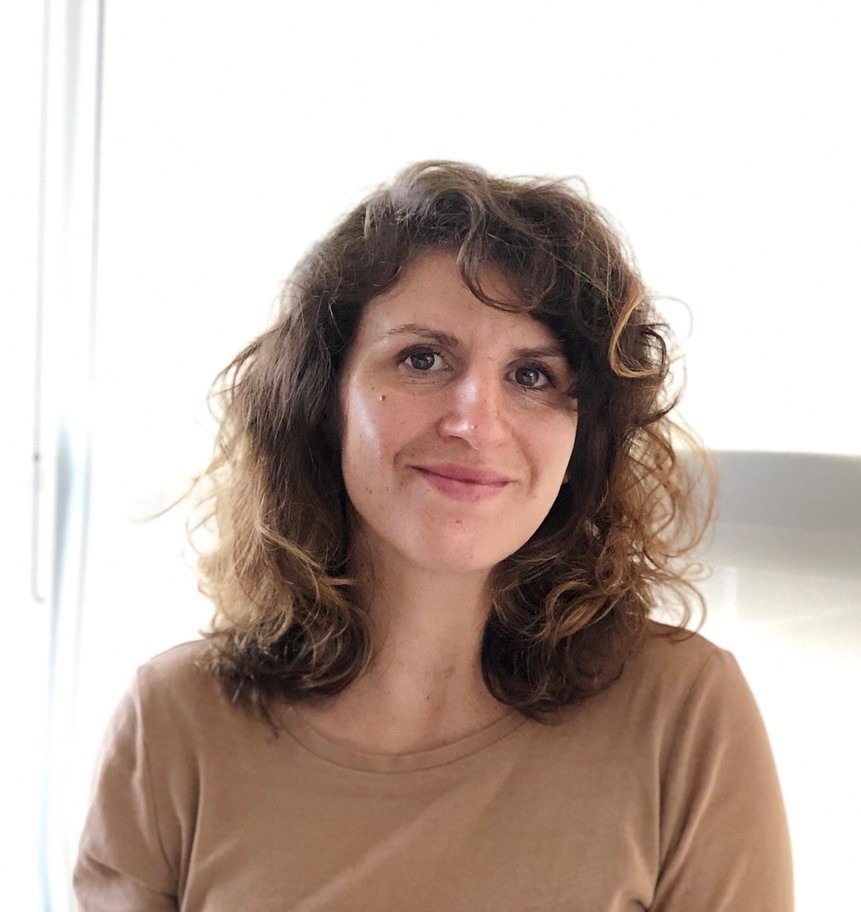April 5, 2022
4:30 pm
Venue
Ames Hall 302
Note: This event will be happening remotely, as well as in person at Ames Hall 302. Please contact [email protected] if you would like the Zoom link for the presentation.
Title: Turning a Liability into an Asset: the history of US residential electricity users, reliability, and the “unprofitables” of 1890 – 1940
Abstract: Within contemporary electricity development in sub-Saharan Africa (SSA), which mobilizes massive funds in the name of poverty-reduction through electricity, a common narrative is that “failing” and unreliable grids are partially the fault of amoral people. SSA residents are often characterized in policy scholarship as “thieves,” “non-payers,” and “entitled” citizens whose behavior culminates in nontechnical losses. But the supposed link between bad users and bad systems, which informs policy measures and technical interventions, has rarely been empirically justified. This work asks, “How have the concepts of the “bad” electricity users, “thieves”, or “nonpayers” evolved in the history of the reliable US grid? What does the history of these subjects reveal about policy assumptions in a contemporary context? Using historical methods, this work leverages global energy dichotomies in order to move past oversimplified and reductive accounts of poor users in contemporary electricity development.
Bio: Dr. Jacome is an Assistant Professor of Geography and Urban Studies at Temple University, interested in the links between energy infrastructure, development, and environmental justice. Situating her work within “modern energy for all” and “electrify everything” movements, she interrogates how and why various assumptions within electricity development dominate the discourse and affect policy and technology. While most of her work to date has been in Tanzania, she is currently conducting historical and comparative research across grid systems in the US and Ghana. Her main research activities include exploratory hypothesis generating, interviews and grounded theory, instrumentation and survey design, statistical analysis, and historical methods. Guided by a rigorous understanding of electric power systems and critical social theory, her research contributes to the political economy of development and the environment, critical urban studies, and theories of the global South. Veronica has a PhD in Energy and Resources from the University of California, Berkeley; and a B.S in Engineering Physics from the University of Illinois, Urbana-Champaign.
